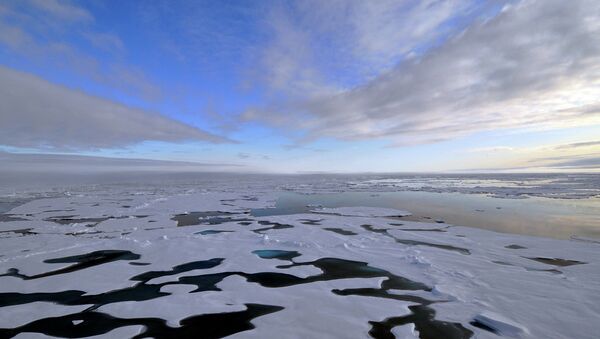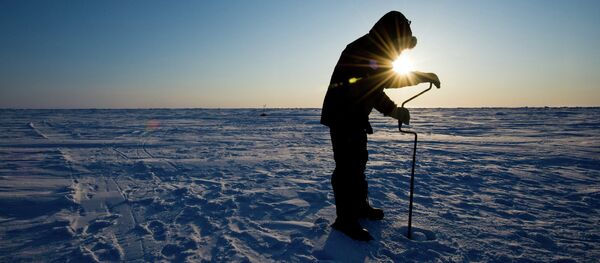When Canada first stepped up to chair the Arctic Council in May 2013 it claimed that the theme of its chairmanship would be “Development for the people of the North” and that its chairmanship would “put Northerners first.”
In reality, under Canada’s leadership the Arctic Council promoted the interests of big business and disempowered Northerners by refusing to take action to reduce carbon dioxide emissions, and promoting the extraction of Arctic oil and gas, according to a Greenpeace report, released earlier this month.
The Arctic Economic Council was intended as a circumpolar business forum focused on small and medium enterprises and Indigenous businesses. But when the rules and membership of the AEC were later announced, it became clear that it would actually serve as a lobbying body for big business interests from outside the Arctic, particularly oil and other extractive interests, said the report, titled The Practice and Promise of the Arctic Council.
Canada’s chairmanship set a low bar for what the Arctic Council can and should do toward environmental protection. Through serious reform and keeping focused on important issues like climate change, the US chairmanship has the potential to turn the Arctic Council into a meaningful forum on circumpolar issues, the Greenpeace report concluded.
The Arctic Council has eight member countries: Canada, Denmark, Finland, Iceland, Norway, Russia, Sweden, and the United States.
.



